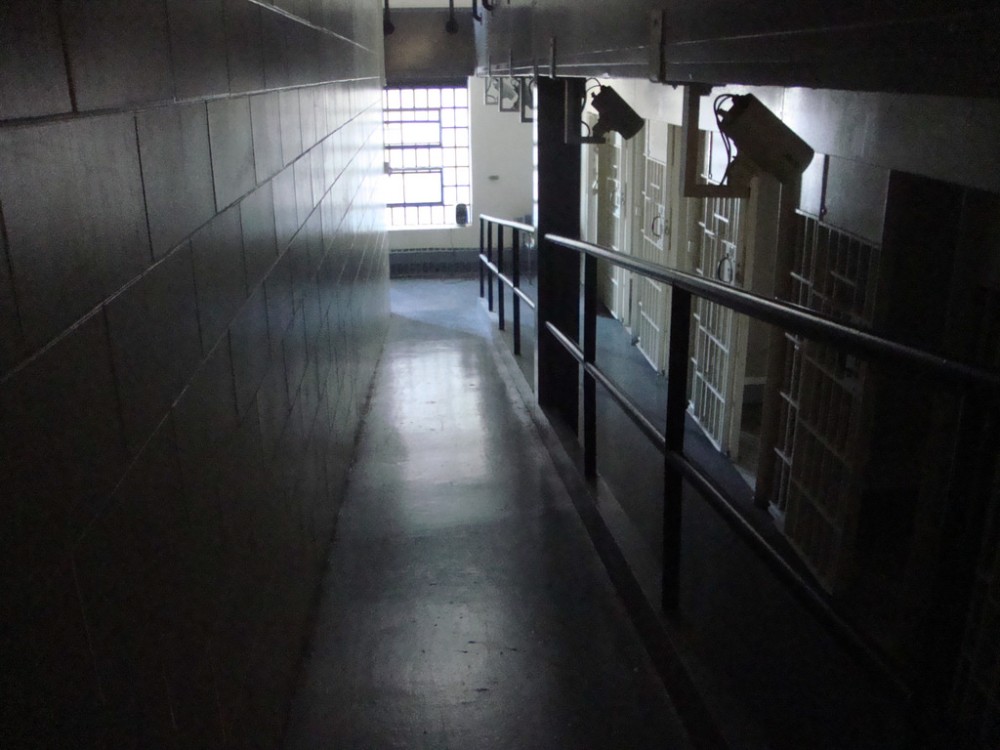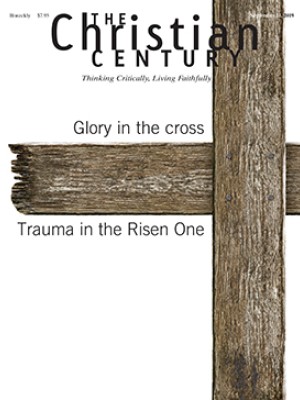There’s no good reason to bring back the federal death penalty
The Trump administration and public opinion are moving in opposite directions.
In July, US attorney general William Barr announced that the Trump administration is reinstating the death penalty for federal prisoners and intends to execute five men over a period of weeks in December and January. Barr explained the move as a way to provide justice for the victims of the crimes and their families, and he noted that the criminals scheduled for execution are among “the worst.”
Americans have been increasingly rejecting the logic that Barr offers here. There have been no federal executions since 2003. Across the country, the number of death sentences sought by prosecutors and recommended by juries is at historic lows. Americans’ support for the death penalty has been on the decline—down from 80 percent support in the 1990s to 56 percent in the latest Gallup poll. More and more people recognize the arbitrariness of how the death penalty is applied, as well as the costs—financial and moral—to the institutions and people assigned to carry it out. The fact that dozens of death row inmates have been exonerated of charges, some after their deaths, has revealed the fundamental unfairness of the system.
Read our latest issue or browse back issues.
Barr’s own Catholic Church has unequivocally rejected the use of the death penalty. The church’s argument is principled, not pragmatic. “No matter how serious the crime that has been committed,” Pope Francis said in 2017, “the death penalty is inadmissible because it is an attack on the inviolability and the dignity of the person.” This teaching is codified in the Catechism of the Catholic Church.
With social, juridical, and religious wisdom turning against the death penalty, why has the Trump administration moved in the opposite direction? Barr doesn’t say. His remarks perpetuate the discredited idea that the death penalty is necessary for upholding the rule of law. Perhaps the real reason for the reinstatement is blatantly political: supporting the death penalty is a longstanding way to present oneself as tough on crime.
The Christian vision is contrary to this view. The image of God in each person is never erased. None of us, not even those guilty of the most criminal acts, is beyond redemption. None of us is constituted solely by our actions. When humans take it upon themselves to dispense final justice by the punishment of death, injustice is the inevitable result. We are not qualified for this role, and it is, finally, God’s job, not ours.
John Carr of Georgetown University thinks the declining popular support for the death penalty may eventually have a decisive effect. “The death penalty in the United States probably will not come to an end through an act of Congress or a Supreme Court decision,” he told the Washington Post last year. “It will essentially fade away as prosecutors don’t ask for it, juries don’t recommend it, and the rest of us don’t support it.” These trends which are already under way—despite Attorney General Barr—are reasons to hope for the genuine advance of justice.
A version of this article appears in the print edition under the title “Killing without reason."







